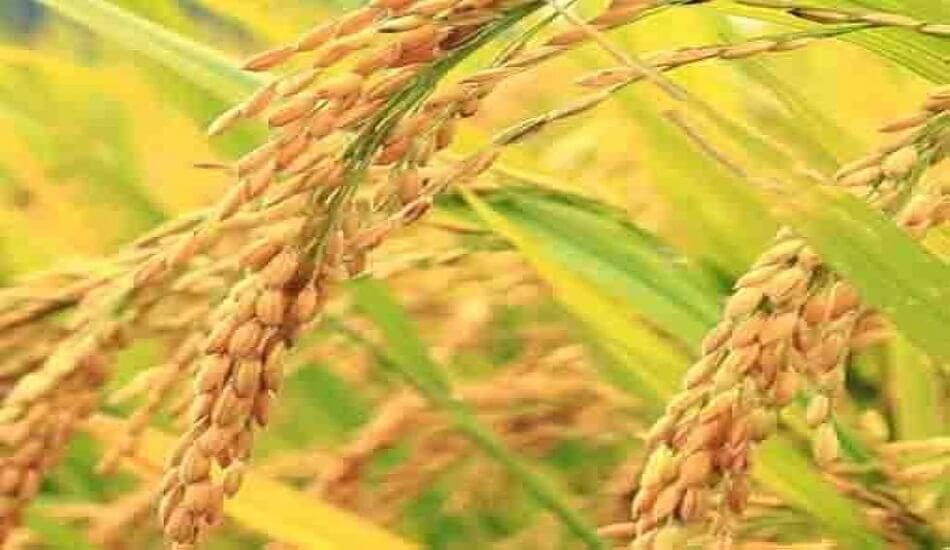Scientists express serious concerns over two herbicide-tolerant rice varieties launched by ICAR
The Indian Council of Agricultural Research (ICAR) recently launched two herbicide-tolerant (HT) basmati rice varieties, prompting a coalition of farmers’ organizations and scientists to express serious concerns.
They advocated for the immediate removal of these HT rice varieties from the market. They also advocate for a comprehensive review of India’s agricultural technology regulatory framework, as well as a shift toward more sustainable farming practices.
The coalition is made up of agricultural scientists, public health experts, and representatives from farmer organizations. Also Read | AgFarm, launches 11 products herbicides, insecticides, fungicides, regulators
In a letter to Union Minister for Agriculture and Farmers’ Welfare Shivraj Singh Chauhan, the coalition argued that these herbicide-tolerant varieties pose significant risks to public health, the environment, and the country’s agricultural sector.
The HT rice varieties, Pusa Basmati 1979 and Pusa Basmati 1985, were developed using non-GM techniques but have sparked debate due to the potential consequences of widespread use of Imazethapyr.
They argue that the herbicide could cause the emergence of superweeds, increased chemical residues in food, and negative health consequences for farmers and consumers.
They claimed that Imazethapyr is not legally approved for use in paddy cultivation in the country. Its registered uses are limited to soybean, groundnut, black gram, green gram, and red gram.
“The widespread adoption of HT crops may result in monocultures, reduced biodiversity, and long-term environmental harm. Herbicide use poses potential health risks to farmers, farm workers, and consumers due to exposure to toxic chemicals,” they said in the letter.
They also believed that relying on HT seeds and herbicides would raise farmers’ costs and have an impact on agricultural labor. Also Read | Agrochemicals: PI Industries launches Product for Lepidopteran & Sucking Pests


















Add Comment